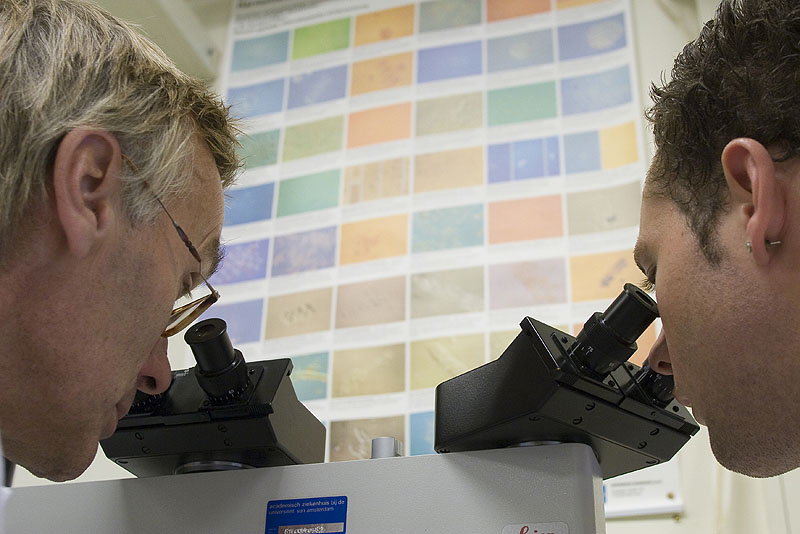Sepsis, a severe life-threatening infection with organ dysfunction, initiates a complex interplay of host pro- and anti-inflammatory processes. It affects ~18 million individuals worldwide and has a very high mortality rate. Sepsis can be considered a race to the death between the pathogens and the host immune system. Key priorities in treating sepsis are 1) recognising ‘sepsis’ as such, 2) identification of the source and type of the infection, 3) identification of the stage of disease and 4) initiation of early targeted treatment.
The European Sepsis Academy (ESA-ITN) aims to develop and validate the pathological insights, biomarker diagnostics and clinical trial models that can enable development and implementation of personalised treatment strategies targeted at the immunosuppressive phase of sepsis.
Therefore ESA-ITN focuses on three subjects:
- Pathogenesis: To describe the pathogenesis of sepsis-induced immune suppression at the level of immune regulatory molecules and DNA methylation
- Discovery: To identify and validate biomarkers that can be used for clinical diagnosis and monitoring of sepsis-induced immune suppression
- Development: To prepare and optimise high-potential diagnostic technology platforms for use in diagnostic procedures in sepsis and test innovative clinical trial designs.
ESA-ITN Is an international project (including partners in 10 countries) and offers an extensive sepsis-oriented joint training programme to PhD students which are also called early-stage researchers (ESRs) within this programme. The individual research projects are embedded in leading institutes and companies in the field. Additionally, a spectrum of courses and training opportunities at different levels will allow the ESRs to master advanced research methodologies and technologies that are crucial for sepsis research, make use of state-of-the-art infrastructure and work directly with leading experts in one of the focal fields. Furthermore, ESRs will be trained in generally applicable skills that are crucial in science and business such as data presentation, grant writing and scientific language/writing in English, but also management courses.
All projects have an interdisciplinary component (intersection of sepsis research, product development, economics or medical practice). Interactions within the network are strengthened by (industry) internships abroad that allow the ESRs to understand operations in various sectors and learn to think both as scientist as well as business professionals.


